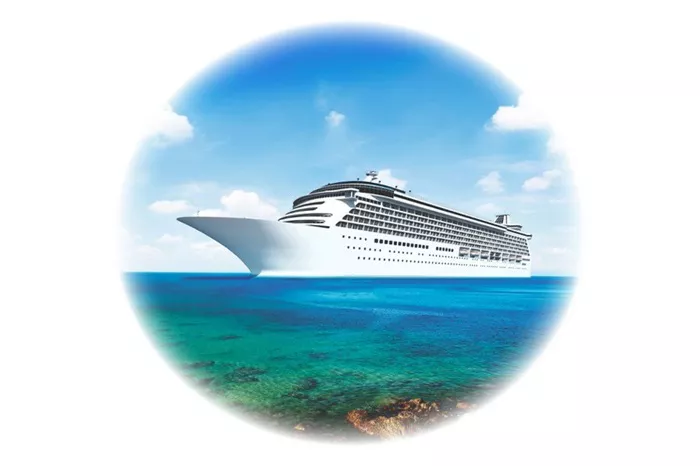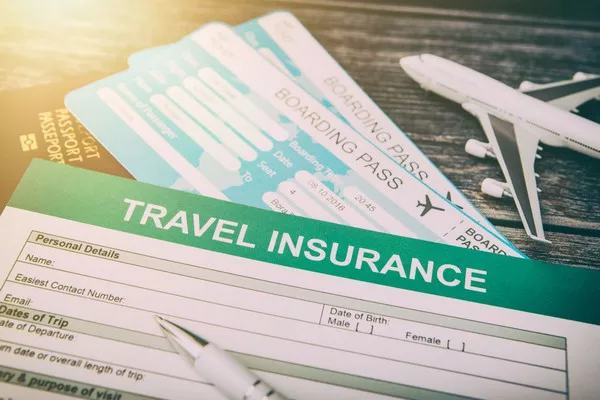Traveling is one of life’s greatest pleasures, offering opportunities to explore new cultures, relax on beautiful beaches, and create unforgettable memories. However, unexpected events can disrupt even the best-planned vacations. This is where holiday insurance comes in, providing vital protection against a range of potential issues. This article will delve into the various aspects of holiday insurance, outlining what it covers, why it’s essential, and how to choose the right policy for your needs.
Understanding Holiday Insurance
Holiday insurance, also known as travel insurance, is a type of insurance designed to protect travelers from unforeseen events that could affect their trip. These events may include trip cancellations, medical emergencies, lost luggage, and other travel-related incidents. Understanding the specifics of what holiday insurance covers can help travelers make informed decisions when planning their trips.
The Importance of Holiday Insurance
Financial Protection: Travel can be expensive, and unexpected events can lead to significant financial losses. Holiday insurance helps mitigate these risks, ensuring you don’t lose your hard-earned money.
Peace of Mind: Knowing that you have coverage in case of an emergency allows you to enjoy your trip without constant worry about potential mishaps.
Access to Assistance: Many holiday insurance policies provide 24/7 emergency assistance, which can be invaluable when you’re in a foreign country and face a sudden crisis.
What Holiday Insurance Typically Covers
Holiday insurance policies vary widely, but most offer coverage in several key areas. Here are the common components included in most holiday insurance plans:
1. Trip Cancellation and Interruption
What It Covers
Trip cancellation coverage reimburses you for non-refundable expenses if you have to cancel your trip for a covered reason. Similarly, trip interruption coverage reimburses you for unused expenses if you need to cut your trip short.
Covered Reasons
Common reasons for cancellation or interruption include:
Illness or injury (to you or a traveling companion)
Death of a family member
Natural disasters
Work-related issues (e.g., sudden job loss)
Exclusions
It’s important to note that not all reasons for cancellation are covered. Policies often exclude cancellations for pre-existing medical conditions or changes of mind.
2. Medical Expenses
What It Covers
Medical coverage is crucial, especially for international travel, where healthcare costs can be exorbitant. This coverage typically includes:
Hospitalization and treatment costs
Emergency medical evacuation
Prescription medications
Important Considerations
Travelers should check if their policy has a maximum limit for medical expenses and whether it covers pre-existing conditions.
See also: What Does Cruise Insurance Cover? A Comprehensive Guide
3. Lost or Delayed Luggage
What It Covers
If your luggage is lost, stolen, or delayed, holiday insurance can reimburse you for the cost of replacing essential items. Coverage typically includes:
Lost luggage
Delayed luggage (often reimbursing for necessary items purchased during the delay)
Limits and Exclusions
Policies usually have limits on the amount they will reimburse for lost or delayed luggage. It’s important to keep receipts for any items purchased due to luggage delays.
4. Travel Delays
What It Covers
If your trip is delayed for reasons beyond your control (like severe weather or mechanical issues), travel delay coverage can reimburse you for additional expenses, such as meals and accommodations.
Coverage Limits
Most policies have specific waiting periods before the coverage kicks in (often 12 hours or more) and set maximums for reimbursement.
5. Emergency Evacuation
What It Covers
Emergency evacuation coverage is crucial for those traveling to remote areas. It provides financial assistance for:
Transport to the nearest medical facility
Transport back to your home country if medically necessary
6. Personal Liability
What It Covers
Personal liability coverage protects you if you are found legally responsible for injuring someone or damaging their property while on holiday. This can include legal fees and compensation payments.
7. Accidental Death or Dismemberment
What It Covers
This coverage pays a benefit to your beneficiaries in the event of your death or severe injury while traveling. It’s often included as part of a broader travel insurance policy.
Additional Coverage Options
Many holiday insurance providers offer optional add-ons that travelers can include in their policies for enhanced protection.
1. Cancel for Any Reason (CFAR)
What It Covers
CFAR allows you to cancel your trip for any reason not covered by the standard policy, usually with a reimbursement of up to 75% of your prepaid expenses.
Eligibility Requirements
Typically, you must purchase CFAR coverage shortly after booking your trip and cancel at least 48 hours before departure.
2. Coverage for Adventure Sports
What It Covers
Standard holiday insurance often excludes coverage for certain high-risk activities like scuba diving, skiing, or rock climbing. Specific policies can be tailored to include these activities.
3. Rental Car Coverage
What It Covers
If you plan to rent a car during your holiday, you might consider rental car insurance, which can cover damage to the vehicle, liability for injury to others, and theft.
4. Travel Assistance Services
What It Covers
Some policies include 24/7 travel assistance, providing help with finding medical care, arranging transportation, and even legal referrals.
How to Choose the Right Holiday Insurance Policy
When selecting a holiday insurance policy, consider the following factors:
1. Assess Your Needs
Evaluate the types of coverage you need based on your travel plans. Consider factors such as:
Destination
Duration of the trip
Activities planned
2. Compare Policies
Shop around and compare policies from different providers. Look at coverage limits, exclusions, and additional services offered.
3. Read the Fine Print
Carefully read the policy documents, paying close attention to the terms and conditions, exclusions, and claims processes.
4. Check Reviews and Ratings
Research customer reviews and ratings for different insurance companies to gauge their reliability and customer service.
Common Exclusions in Holiday Insurance
Understanding what isn’t covered by holiday insurance is as important as knowing what is. Common exclusions include:
Pre-existing medical conditions
High-risk activities (unless specifically included)
Non-emergency cancellations
Travel to destinations with travel warnings
Conclusion
Holiday insurance is a vital aspect of travel planning that can save you from financial loss and stress during unforeseen events. By understanding what holiday insurance covers, you can make informed decisions that enhance your travel experience. Always remember to choose a policy that best fits your needs, ensuring peace of mind while you explore the world. Happy travels!






















